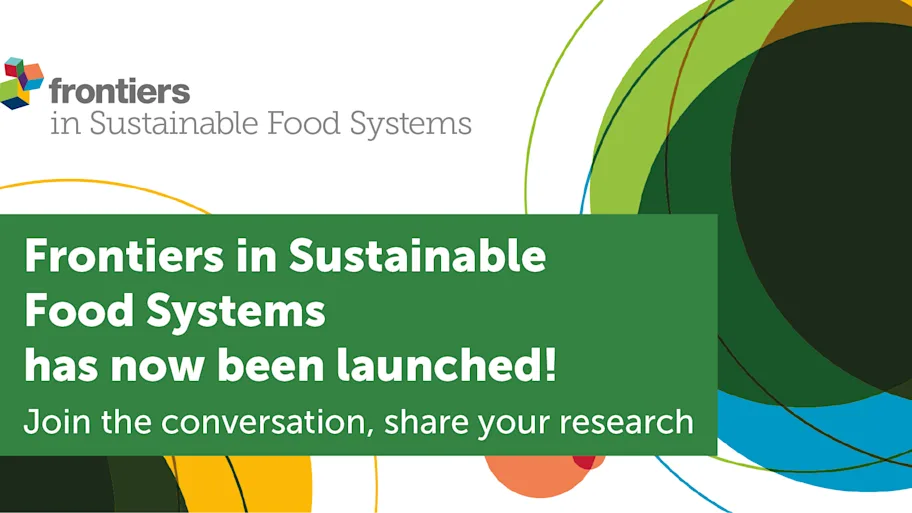
- Science News
- Climate action
- Key challenges for food security in the face of climate change
Key challenges for food security in the face of climate change

Specialty Chief Editors, Dr. Stephen Whitfield, Professor Andrew Challinor and Professor Robert Rees, pinpoint the key challenges in meeting the UN’s Sustainable Development Goals for food security in the face of climate change. Image: Shutterstock
Frontiers in Sustainable Food Systems is pleased to announce the inauguration of its Climate-Smart Food Systems section with the Specialty Grand Challenge article Frontiers in Climate Smart Food Systems: Outlining the Research Space.
In this key paper, our Specialty Chief Editors, Dr. Stephen Whitfield, Professor Andrew Challinor and Professor Robert Rees, pinpoint the key challenges in meeting the UN’s Sustainable Development Goals for food security in the face of climate change. Their article highlights the importance of tackling these challenges through a climate-smart approach which encompasses technical improvements in food production, as well as the environmental and socio-economic framework of food systems.
As Professor Challinor points out: “We need to develop the evidence base for climate-smart food systems. How can our food systems satisfy the needs of society while minimizing impact on climate? How does climate change itself affect that effort? Answering these questions requires us to think well beyond any one discipline or domain.”
Dr. Whitfield also highlights that: “Our food systems connect producers, industries and consumers across the globe and, as such, addressing climate-related challenges in the food system has to be a universal endeavour. It is vital that spaces for engagement with these challenges are open to all; that everyone can access and contribute to the discussion around climate smart food systems.”
Professor Rees emphasizes that: “This is an exciting time to undertake research in Climate-Smart Food Systems. With support from policy makers, research on climate change mitigation and adaptation in agriculture is now a high priority.”
The Climate-Smart Food Systems section is set to advance the debate in this field by welcoming high quality and original contributions across disciplines that analyse the concepts, technologies and implementation of climate-smart food systems, as well as their synergies and trade-offs spanning local-to-global scales. Approaches relevant to this topic area will be interdisciplinary in nature and may integrate, but not be limited to, agricultural and climate systems modelling, agronomic and agro-ecological studies of smart solutions to mitigation and adaptation, and socio-economic and political analyses of agri-food system transformation and change.
Check further insights from our Specialty Chief Editors on their key contribution Frontiers in Climate Smart Food Systems: Outlining the Research Space.
Submit your manuscript to the Climate-Smart Food Systems section of Frontiers in Sustainable Food Systems!






